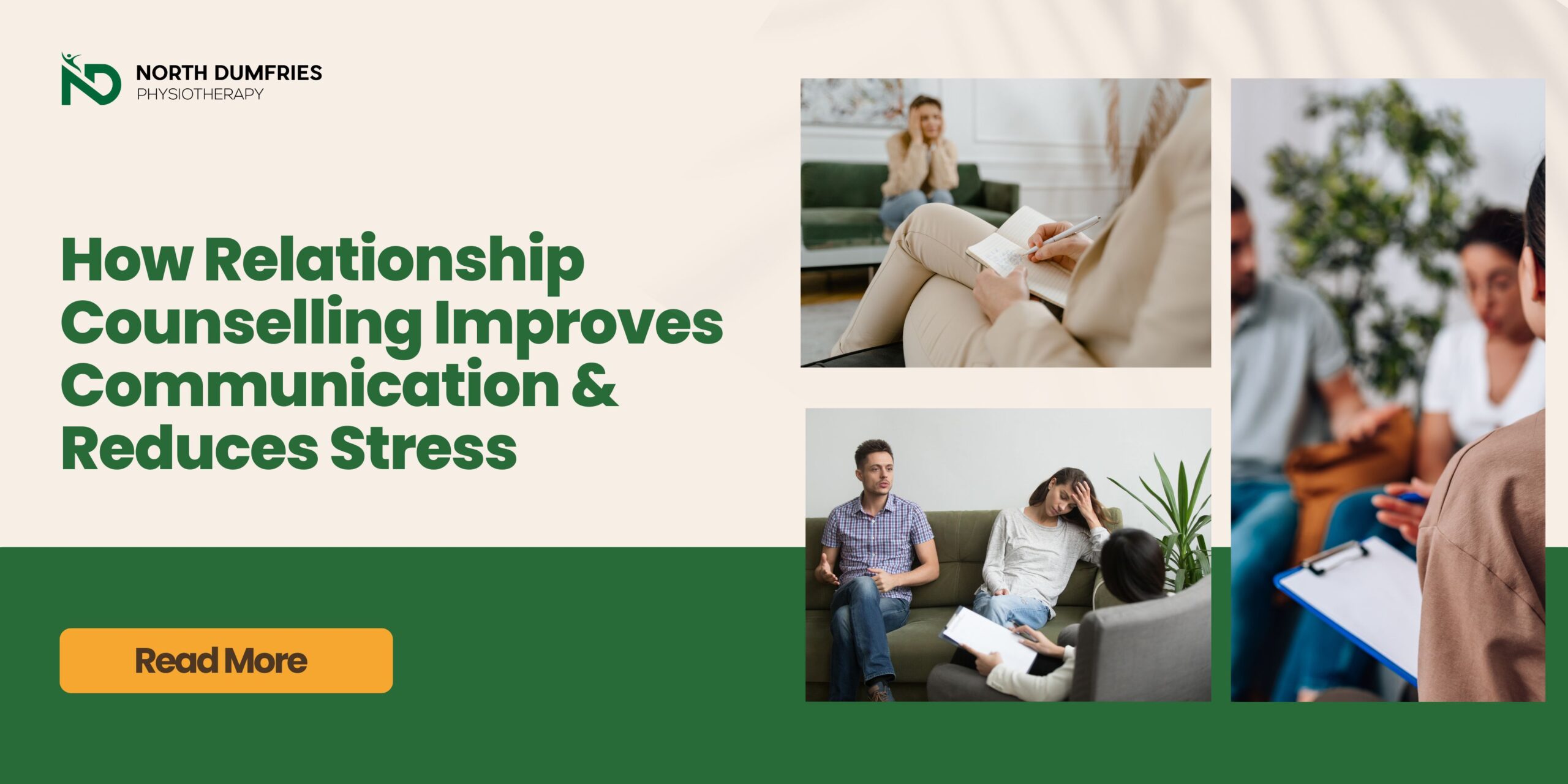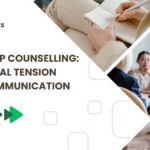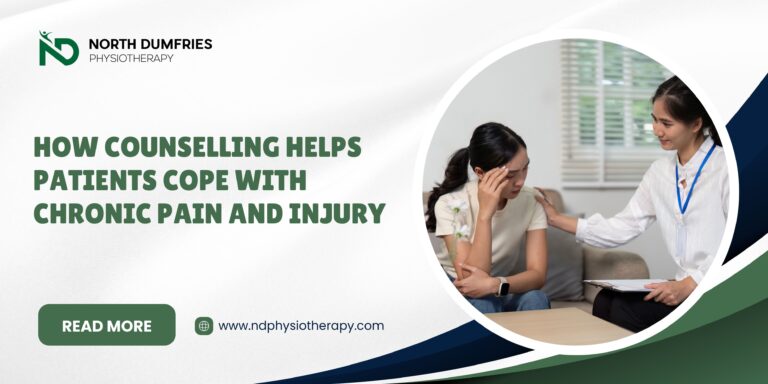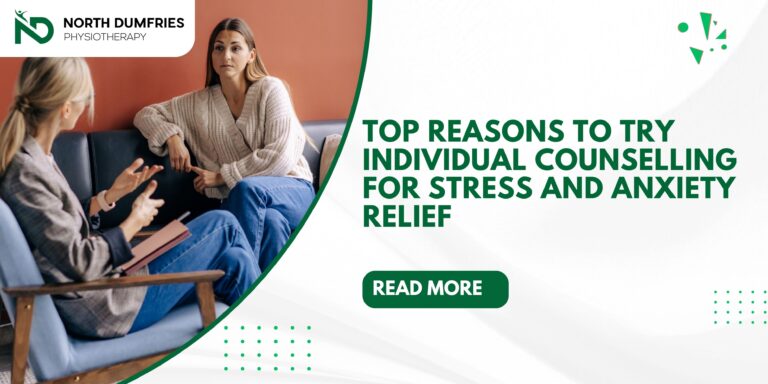In every relationship, communication and stress management are the two pillars that keep partners connected. Relationship counselling can improve couple communication and reduce stress by teaching simple skills and creating a safe space to talk. A relationship feels stronger and more supportive when couples learn how to share openly and manage tension together.
Even healthy couples face misunderstandings, emotional distance, or pressure from life’s demands. These issues can can expand over time and make daily conversations feel heavy. Professional guidance can help a lot in this type of situation. Communication therapy in relationships is not about blame but about learning how to listen, respond, and reconnect.
What Is Couples Counselling?
Couples counselling is a type of therapy designed to help partners talk openly, resolve issues, and manage stress in a healthier way. A trained professional acts as a neutral guide, offering tools to improve couple communication and reduce emotional strain.
The sessions are not about pointing fingers. Instead, they focus on teamwork and solutions. Whether couples are working through conflict, rebuilding trust, or simply wanting to feel closer, psychotherapy provides a safe space to move forward together.
How Relationship Therapy Enhances Communication
Communication is the heart of any relationship. Partners may feel distant or unheard when it breaks down. Stress often makes this worse because it changes how people talk and listen.
Counsellors use simple strategies to show couples how to soften their words, avoid blame, and express feelings more clearly. Studies show that couples who go through interpersonal therapy for their relationship report significant improvements in intimacy and satisfaction.
One powerful tool is the “soft start.” Instead of saying, “You never listen,” a partner can try, “I feel stressed when I don’t feel heard.” This small shift reduces defensiveness and helps the conversation move forward.
Common Communication Issues Couples Face
Many couples struggle with familiar patterns that slowly create distance over time:
- Criticism and blame: Constantly pointing out flaws makes a partner feel attacked instead of supported. Over time, this damages trust and shifts the focus away from solutions.
- Defensiveness during conflict: Responding with excuses or counterattacks prevents real listening. This turns small disagreements into larger arguments that never get resolved.
- Stonewalling or shutting down: One partner may withdraw in silence when overwhelmed. While it feels like avoiding conflict, it actually increases frustration for both.
- Feeling unheard or dismissed: When concerns are ignored or minimized, partners feel undervalued. This creates emotional distance and makes stress harder to manage together.
Research highlights that poor communication is the top reason couples seek professional help. Emotional connection therapy helps partners break these habits by replacing negative cycles with healthier dialogue.
When these problems are left unresolved, stress increases, and arguments become repetitive. Learning new ways to express needs and listen is key to building trust and reducing conflict.
Addressing Conflict and Emotional Baggage
Most of the fights are not just about the current issue. Past conflicts and unresolved emotional baggage resurface during stressful conversations. For example, a disagreement about work may be tied to years of feeling unappreciated.
Dispute resolution therapy allows couples to bring up these deeper issues in a structured and safe way. Instead of avoiding painful topics, counselling helps partners process them calmly.
This not only reduces tension but also clears space for better communication. When baggage is addressed, couples can move forward without carrying the same emotional weight into every conversation.
Strategies for Effective Communication in Relationship Counselling
Marriage counselling benefits couples by giving them practical, easy-to-use tools. Some common strategies include:
- Soft-start conversations: Opening with “I feel” instead of blame keeps discussions calm. This makes it easier for partners to listen without becoming defensive.
- Repair attempts: Short phrases like “Can we pause?” or “I didn’t mean that” help stop arguments from escalating. These simple resets bring the focus back to understanding.
- Stress debriefs: Spending ten minutes daily where one partner talks and the other listens creates space for empathy. It reduces bottled-up tension and builds connection.
- Timeouts: Taking a break when emotions feel overwhelming allows both partners to calm down. Returning to the talk later leads to healthier problem-solving.
How Relationship Counselling Helps Manage Life Stressors
Life transitions often bring stress that can spill into a relationship. Work deadlines, financial worries, parenting challenges, or health issues may leave couples feeling irritable and disconnected. Counselling teaches partners to see stress as a shared challenge instead of an individual burden. Studies show that when couples face stress together, they experience lower stress hormone levels and greater emotional stability.
Some of the common stressors addressed in therapies include:
- Work stress: Long hours and job pressure reduce quality time together, leading to feelings of neglect and frustration.
- Financial tension: Money concerns are a frequent source of conflict, adding pressure and sparking arguments about responsibility and security.
- Parenting differences: Disagreements over discipline or roles can create strain, weakening teamwork in raising children.
- Health challenges: Illness or chronic pain affects both partners emotionally and physically, increasing stress and testing patience.
Research even shows that simple acts like holding hands during stressful moments can lower heart rate and reduce cortisol. Counsellors often encourage couples to practice small bonding habits such as touch, shared breathing, or daily check-ins to keep stress manageable.
Benefits of Relationship Counselling
Relationship counselling benefits couples in several meaningful ways that strengthen both communication and emotional well-being:
- Clearer and kinder communication: Therapeutic intervention teaches couples to express themselves without blame. This creates conversations that are respectful, constructive, and easier to resolve.
- Lower daily stress levels: Couples reduce everyday pressure by learning tools to manage tension. This makes their relationship feel calmer and more supportive.
- Stronger emotional connection: Guided sessions help partners listen with empathy and openness. Over time, this builds closeness and a deeper sense of understanding.
- Renewed trust and intimacy: Therapy to rebuild trust gives couples a safe space to heal old wounds. It also encourages small gestures that bring back affection and closeness.
- Long-term resilience in handling problems: With practice, couples become better at facing future challenges together. This resilience helps prevent small issues from turning into ongoing conflicts.
Studies confirm that the positive effects of couples therapy stay beyond the sessions if skills are maintained at home. Couples who practice these habits continue to enjoy better communication and reduced conflict months later.
How to Know If You Need Couples Counselling
You may benefit from counselling if you notice any of these signs:
- Frequent Arguments: Small disagreements quickly turn into repeated fights. This constant tension leaves both partners feeling drained and misunderstood.
- Emotional Distance: You feel more like roommates than partners. A lack of closeness or intimacy often signals deeper communication gaps.
- Unresolved Conflicts: The same issues keep coming up without real solutions. This cycle builds frustration and prevents the relationship from moving forward.
- External Stressors: Work, money, or family pressures begin to spill into your relationship. Stress from outside sources can fuel conflict at home.
- Mental Health Challenges: Anxiety, depression, or other struggles affect how partners connect. Counselling provides tools to support each other during difficult times.
Seeking help early is a sign of strength, not failure. Counselling offers help for relationship issues before they grow into larger problems.
FAQs
1. Can counselling really reduce stress in relationships?
Yes, studies show that couples sessions lower cortisol and improve emotional regulation.
2. What if my partner does not want to attend therapy?
Start by sharing why it matters to you. Sometimes, individual sessions help one partner build skills that improve the relationship.
3. How long does it take to see results from counselling?
Many couples notice improvement after a few sessions, but lasting change comes with practice over time.
4. Is couples counselling confidential?
Yes, sessions with registered psychotherapists are fully confidential and follow strict professional standards.
5. Can counselling help us rebuild trust after conflict?
Absolutely. Therapy to rebuild trust helps couples address past hurts and create new positive patterns.
Conclusion
Healthy communication and stress management are at the core of every strong relationship. With the right support, couples can learn simple but effective skills to talk openly, handle stress together, and feel closer. Relationship counselling benefits are not just short-term; they create lasting changes that improve intimacy and reduce conflict. At ND Physiotherapy, our registered counsellors are here to provide gentle guidance through conflict resolution and life transition support. If you are ready to improve couple communication and ease stress in your relationship, book a confidential session today.








